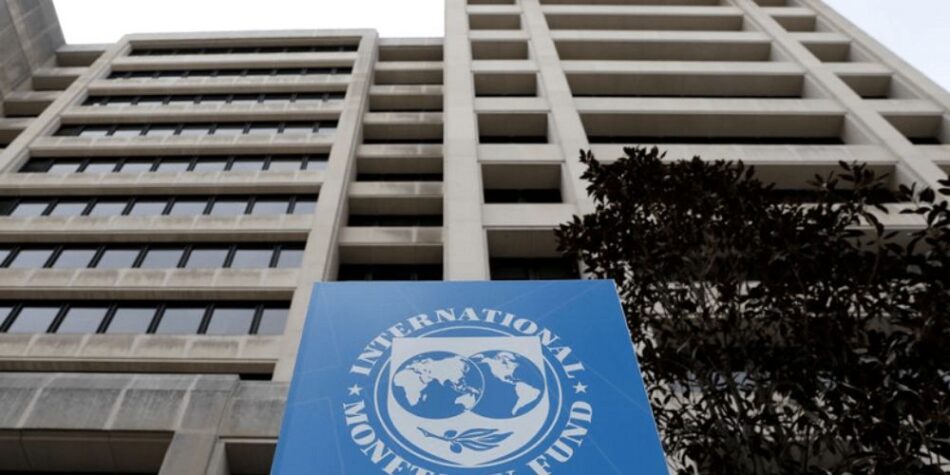The IMF announced that it would send a mission to Pakistan next week in an effort to resolve a disagreement over measures to address a fiscal gap of around Rs2.5 trillion. The mission, scheduled for January 31 to February 9, will continue discussions under the 9th EFF Review at the request of the Pakistani authorities. The announcement followed the largest one-day devaluation of the rupee in Pakistan’s history, with the currency dropping 9.61% to a dollar after the Finance Minister allowed it to devalue by Rs25.

The government only took action after the US explicitly instructed them to follow the IMF‘s guidance instead of seeking political favors. The message was delivered by the US Deputy Assistant Treasury Secretary. The Prime Minister also met with the US Ambassador to inform him of Pakistan’s decision to follow the IMF path, while seeking some leniency in the IMF’s conditions, which they deemed impractical in the current political climate. The Pakistani rupee hit a new low of Rs255.43 against the dollar in the interbank market, a drop of 9.61% or nearly Rs25 from the previous day.
Upon becoming finance minister, Ishaq Dar promised to bring the dollar value back to Rs180 from around Rs240. The value reached around Rs217 on October 11 but has since recovered. Before the IMF announcement, the Pakistani team led by the Minister of State for Finance, Dr. Aisha Pasha, presented a draft plan to implement actions in the near future. Even if a consensus is reached by February 9, the next tranche may not be released until the end of March. The IMF laid out its demands from Pakistan on Thursday, in line with their agreement. The mission will focus on policies to restore fiscal sustainability, strengthen the fiscal position, and support those affected by the floods, according to Perez.
Sources reported that the government estimated a gap of 2.8% of GDP, or Rs2.5 trillion, in their primary budget surplus, compared to their old commitment of 0.2% of GDP. The IMF estimated the gap to be Rs3.2 trillion or 3.6% of GDP. The IMF was willing to be flexible on flood expenditure, which could reduce the gap size. During 10 days of talks, both sides will seek a compromise. The sources stated that the IMF has been flexible so far. The IMF has instructed Pakistan to present a mini-budget that includes measures to quickly and effectively recover taxes, such as increasing the petroleum levy rate on petroleum products, taxes on tobacco and sugary drinks, and taxes on commercial banks, to avoid court intervention.
The IMF rejected the FBR’s proposal to impose only new taxes worth Rs170 billion, as their demand is higher. The IMF estimated a shortfall of Rs420 billion, compared to the FBR’s annual target of Rs7.470 trillion. Perez stated that the IMF mission will also focus on reviving the power sector and stopping the build-up of circular debt. The sources noted that the record single-day exchange rate drop would be the most challenging issue to address with the IMF. The Power Division reported a deviation of Rs805 billion from the annual reduction plan.
The IMF demands a minimum increase of Rs7.50 per unit in tariffs, with the amount potentially increasing based on the government’s monthly consumption limit for lifeline consumers. The deviation in the plan was due to political decisions and poor management by the Power Division. The IMF also wants to restore the proper functioning of the foreign exchange market and lift all restrictions on imports, which may cause the value of the US currency to rise.
The IMF emphasized the importance of stronger policies and reforms to reduce uncertainty, improve Pakistan’s resilience, and secure financing support for its sustainable development.
Former Finance Minister Miftah Ismail blamed the current government for losing $3 billion in exports and remittances due to poor policies in the past four months. He criticized Dar for underestimating the IMF’s role.
The central bank reported a decline in reserves from $3.7 billion on January 20th to $3.2 billion on January 24th.
The measures Pakistan must take to meet IMF demands may cause rapid inflation.



